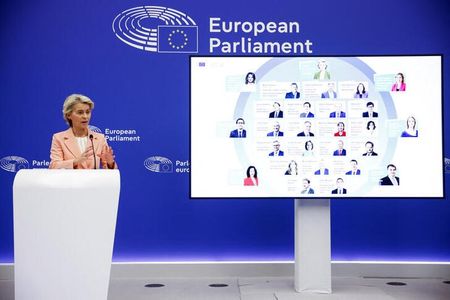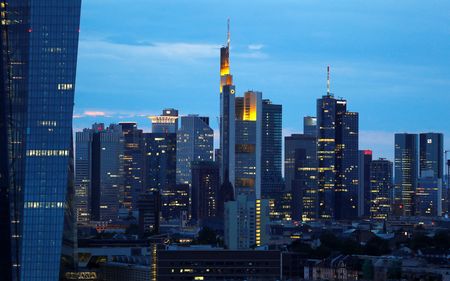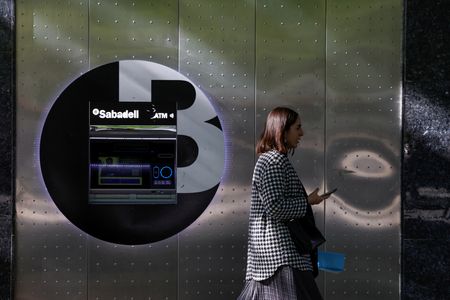BELGRADE (Reuters) – Protesters have pitched tents in front of Serbia’s presidency building demanding a halt to lithium exploration on environmental grounds, fearing a project that has its licence revoked will be resurrected after April’s election.
The protest is a headache for the ruling Serbian Progressive Party ahead of the vote expected on April 3 and, combined with rising fuel and food prices, threatens to dent its popularity.
Thousands of people blocked roads last year to demonstrate against the government’s backing of Rio Tinto’s $2.4 billion Jadar project, forcing the local municipality to scrap a plan to allocate land for the facility. In January, Serbia revoked the licences.
Rio Tinto has said it is extremely concerned by Serbia’s decision and is reviewing the legal basis for it. It has said it has always operated in compliance with Serbian laws.
If completed, the project would help make Rio Tinto a top 10 producer of lithium used to make electric vehicle batteries.
The environmental groups say the new mine would have polluted land and water in the area.
Now Zlatko Kokanovic, a farmer from Gornje Nedeljice, where the mine would be built, and other villagers have pitched around a dozen tents to keep up the pressure on lawmakers.
“If all mining projects for which the government had issued exploration licences go through, Serbia will cease to exist, it will become a colony of big, foreign companies,” he said. “We do not deserve to be ecological refugees.”
Marijana Petkovic, a teacher from Gornje Nedeljice who has been at the protests, fears more homes and land may be sold after the election as Rio Tinto has already bought 40 houses.
“It is not fair that 40 household determine the fate of the remaining 200 households (in the village),” she said.
Neither Rio Tinto’s Serbia branch nor the government replied to requests for comment about the protest or any further property sales.
Prime Minister Ana Brnabic said after the licence decision: “As far as project Jadar is concerned, this is an end.” She had earlier suggested it could be reconsidered after the election.
The Jadar project, which would have been one of Serbia’s biggest foreign investments, was part of government efforts to draw in investment and boost economic growth.
At full capacity, the mine was expected to have produced 58,000 tonnes of refined battery-grade lithium carbonate per year, making it Europe’s biggest lithium mine by output.
The government said in November 86 mining companies were conducting exploration work in Serbia at 170 exploration fields.
(Reporting by Ivana Sekularac; Editing by Alison Williams)















